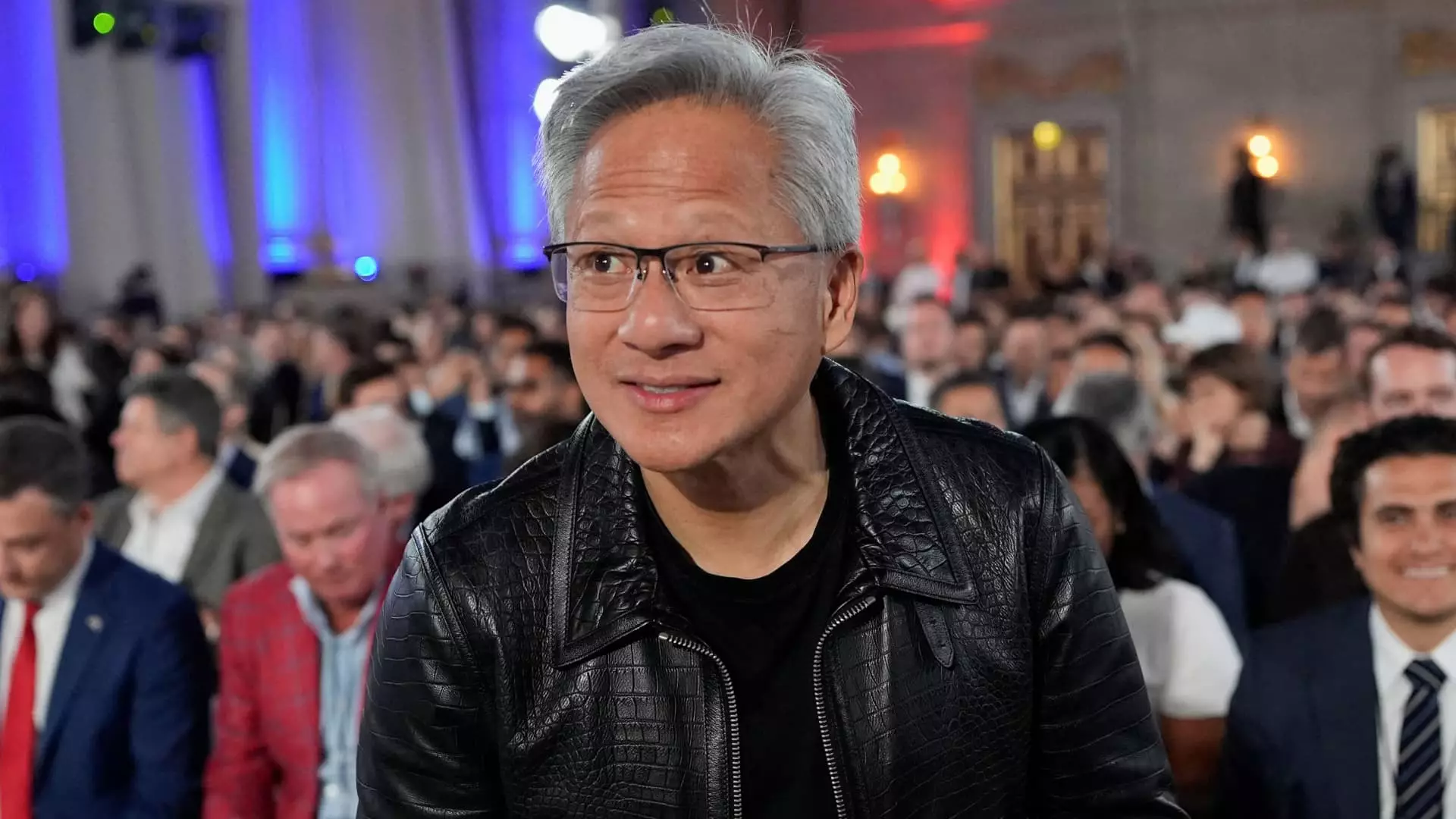Nvidia’s recent move to acquire Enfabrica’s cutting-edge technology and its CEO Rochan Sankar for over $900 million reveals a layered narrative deep within the tech industry’s obsession with dominance. On surface level, it appears as a strategic enhancement, a necessary leap forward in AI hardware infrastructure. But beneath this veneer lies a troubling pattern—one that exposes the fragility of true innovation in an era driven more by strategic acquisitions than groundbreaking discoveries. When a company like Nvidia, a titan already embedded in the AI ecosystem, chooses to spend nearly a billion dollars on talent and technology, it raises critical questions about the genuine originality of its advancements. Are we witnessing authentic innovation, or merely corporate repositioning—an rebranding of existing technology through billion-dollar buyouts?
The Myth of Progress Through Acquisition
In the high-stakes world of AI, true progress is often conflated with consolidation. Nvidia’s recent purchase of Enfabrica and its leadership reflects an industry spell—an illusion that growth and technological leadership stem purely from strategic acquisitions. The reality is more nuanced. The core innovations that truly push industries forward are often incremental and rooted in academia or smaller startups, which are then swallowed by giants with the resources to scale. Nvidia’s history shows this pattern: investment, not original invention, has become its modus operandi. Its earlier AI chips, like the A100, built upon existing GPU technologies fostered by smaller firms, which Nvidia now consolidates under its umbrella. The $900 million spent on Enfabrica is less about pioneering new hardware and more about controlling the means of production, a classic move that sustains its market dominance rather than drives revolutionary change.
The Ethical and Economic Implications
Such mega-deals in AI talent and technology inflate valuation metrics, but they risk stifling broader competition and innovation. When big tech giants use financial firepower to acquire nascent startups, they tend to absorb the innovations and talents that could have spearheaded truly disruptive advancements. This strategic overreach creates a monopolistic environment that hampers diversity of thought and deters smaller entities from competing meaningfully. Moreover, the focus shifts from fostering an open ecosystem of innovation to safeguarding corporate interests. This centralization heightens the risks of complacency, where the pursuit of yet more billion-dollar deals takes precedence over ethical considerations—such as AI safety, transparency, and equitable access.
The Illusion of Technological Leadership
Nvidia’s aggressive expansion into AI infrastructure and talent acquisition reflects an industry-wide illusion. The narrative that these conglomerates are the primary drivers of technological progress is increasingly misleading; rather, they are gatekeepers, controlling critical nodes of innovation and infrastructure. This consolidation diminishes the overall vitality of the AI ecosystem. While Nvidia touts its investments as signs of leadership, they often serve as defensive strategies, warding off potential challengers rather than fostering genuine breakthroughs. In truth, the AI industry’s future depends less on the size of a company’s bankroll and more on its willingness to share knowledge, support competitive startups, and encourage open innovation.
The Centrist Conservative Potential in AI’s Future
From a centrist liberal perspective, the future of AI should balance corporate excellence with societal responsibility. Avoiding the trap of monopolistic dominance requires government regulation, transparency, and policies that support smaller innovators rather than just enabling corporate giants to gobble up talent and technology. True leadership involves fostering an ecosystem where innovation is driven not just by financial might but by societal needs—ethical AI, privacy, and equitable access. Nvidia’s recent actions, while strategically sound in a capitalist sense, highlight a dangerous trend toward artificial concentration, risking an AI landscape that benefits a few at the expense of democratic and ethical principles. For sustainable progress, the industry must embrace a more nuanced approach—prioritizing openness and accountability over mere growth and profit.


Leave a Reply